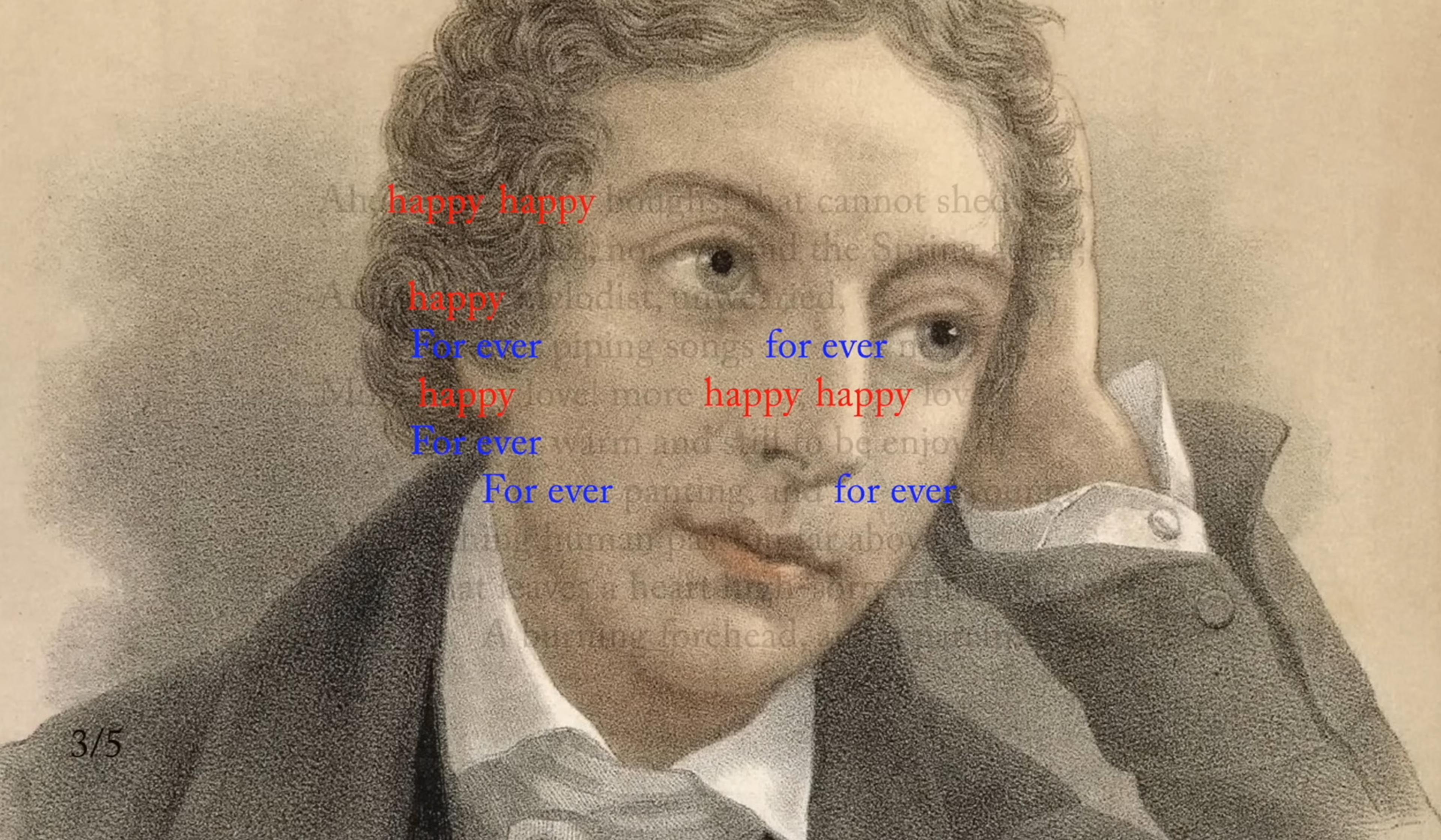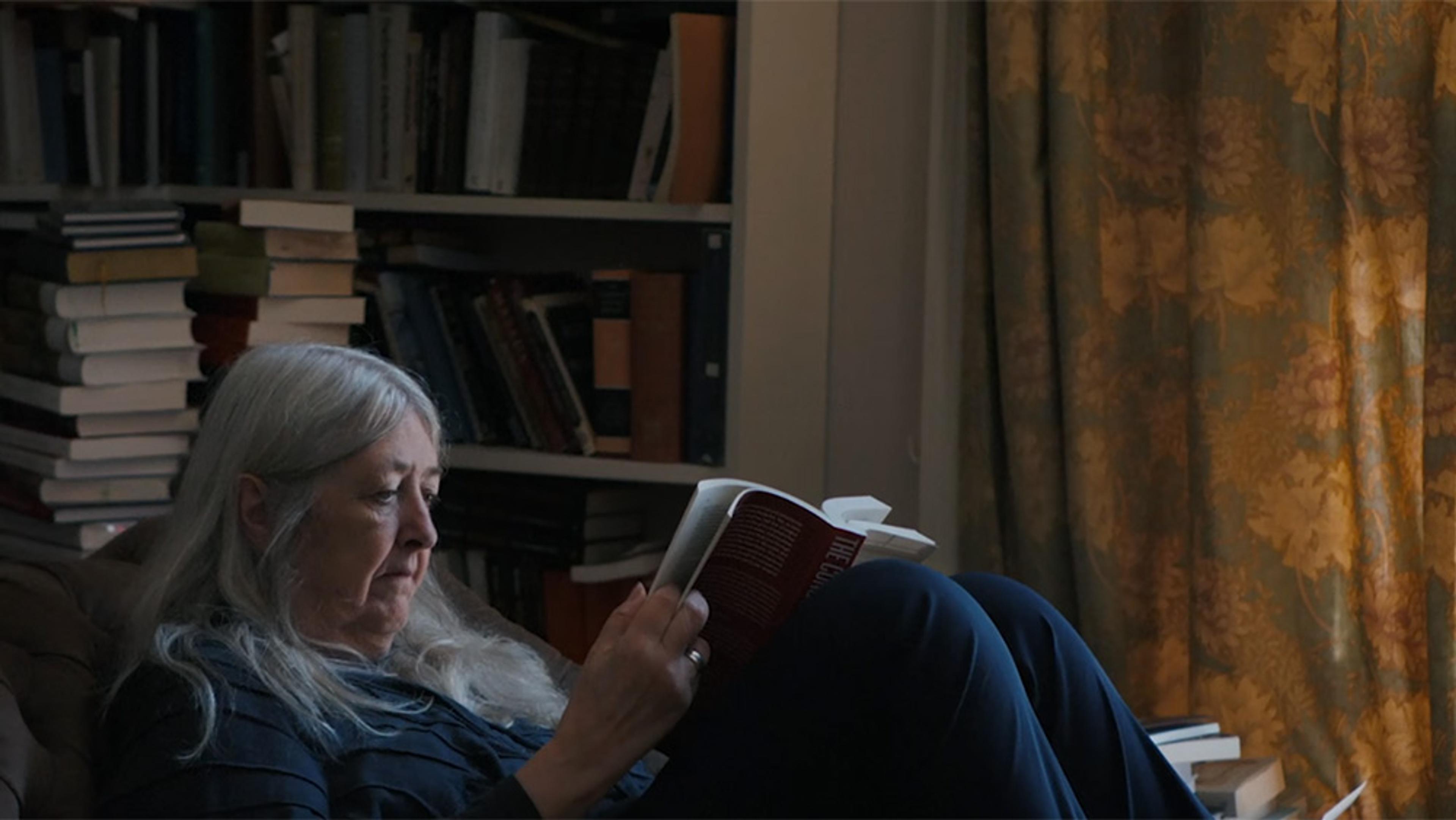William Butler Yeats’s sonnet ‘Leda and the Swan’ (1928) reinterprets the rape of the Greek mythological figure Leda by the god Zeus in the form of a swan. In just 14 lines and 113 words, Yeats provokes a powerful, unnerving aesthetic experience, using both language and form to explore the transition from ancient mythology to modern Western history. In this close reading, the American blogger Evan Puschak analyses the work in a historical context, and through the lens of Yeats’s views on the ebbs and flows of history as laid out in his book A Vision (1925).
The brevity and beauty of Yeats’s verses reveal poetry’s enduring significance
Video by The Nerdwriter

videoStories and literature
To capture grief in poetry is to describe the ineffable. Here’s why Tennyson did it best
8 minutes

videoStories and literature
What makes John Keats’s ‘Ode on a Grecian Urn’ so enduringly powerful?
10 minutes

videoArt
In his poem ‘London’, William Blake crafted a bleak vision of the city he loved
9 minutes

videoConsciousness and altered states
‘Then – fit our Vision to the Dark’: exploring sight with Emily Dickinson
2 minutes

videoArt
How Robert Frost summoned a classic from life’s timeless moments
10 minutes

videoNature and landscape
The poet Wendell Berry reflects on the sublime peace of escaping into wilderness
1 minute

videoStories and literature
Robert Frost’s poetic reflection on youth, as read in his unforgettable baritone
5 minutes

videoGender
Why Medusa lives on – Mary Beard on the persistent legacy of Ancient Greek misogyny
5 minutes

videoStories and literature
How E E Cummings’s most famous love poem reaches towards transcendence of self
9 minutes